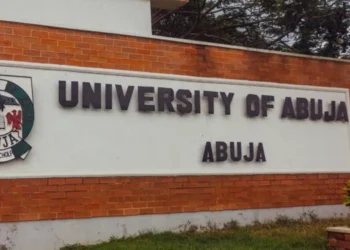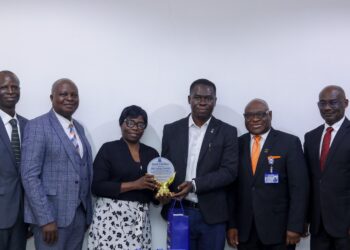The Ohanaeze Ndigbo Youth Council Worldwide has publicly opposed the Joint Admissions and Matriculation Board’s (JAMB) decision to conduct a rescheduled Unified Tertiary Matriculation Examination (UTME) for candidates affected by technical errors in the 2025 UTME.
This development follows an admission by JAMB’s Registrar, Prof. Ishaq Oloyede, on Wednesday, that technical glitches impacted the UTME scores of candidates in Lagos and the five South-East states, prompting the Board to announce a resit for 379,997 affected candidates.
In a statement released Thursday, the National President of the Ohanaeze Ndigbo Youth Council, Mazi Okwu Nnabuike, criticized the decision, labeling it “totally unacceptable.” He argued that it places an unfair burden on students who were victims of a system failure.
“These candidates have already endured significant mental distress from the release of incorrect results. Asking them to sit for another examination is unjust and traumatic,” Okwu stated.
He raised further concerns about the economic and security implications for families already facing hardship. “Who bears the cost of transportation and logistics in a nation battling insecurity? Many parents are financially constrained, and asking them to prepare their children for another exam is insensitive,” he added.
Rather than a retake, Okwu proposed that JAMB should award a minimum score of 300 to all affected candidates in the South-East. According to him, this would serve as compensation for the psychological toll and logistical inconvenience caused by the Board’s error.
“We are not demanding charity. Igbos are academically sound and capable of earning 300 and above under normal circumstances,” he emphasized, alleging the situation might be part of a systemic marginalization of the South-East region in educational opportunities.
The call has sparked mixed reactions across the education community, with many stakeholders urging JAMB to balance fairness with national standards in resolving the issue.
JAMB has yet to issue an official response to the demand, but the development adds to growing concerns over the reliability of large-scale digital assessments in Nigeria’s education system.



















































































 EduTimes Africa, a product of Education Times Africa, is a magazine publication that aims to lend its support to close the yawning gap in Africa's educational development.
EduTimes Africa, a product of Education Times Africa, is a magazine publication that aims to lend its support to close the yawning gap in Africa's educational development.